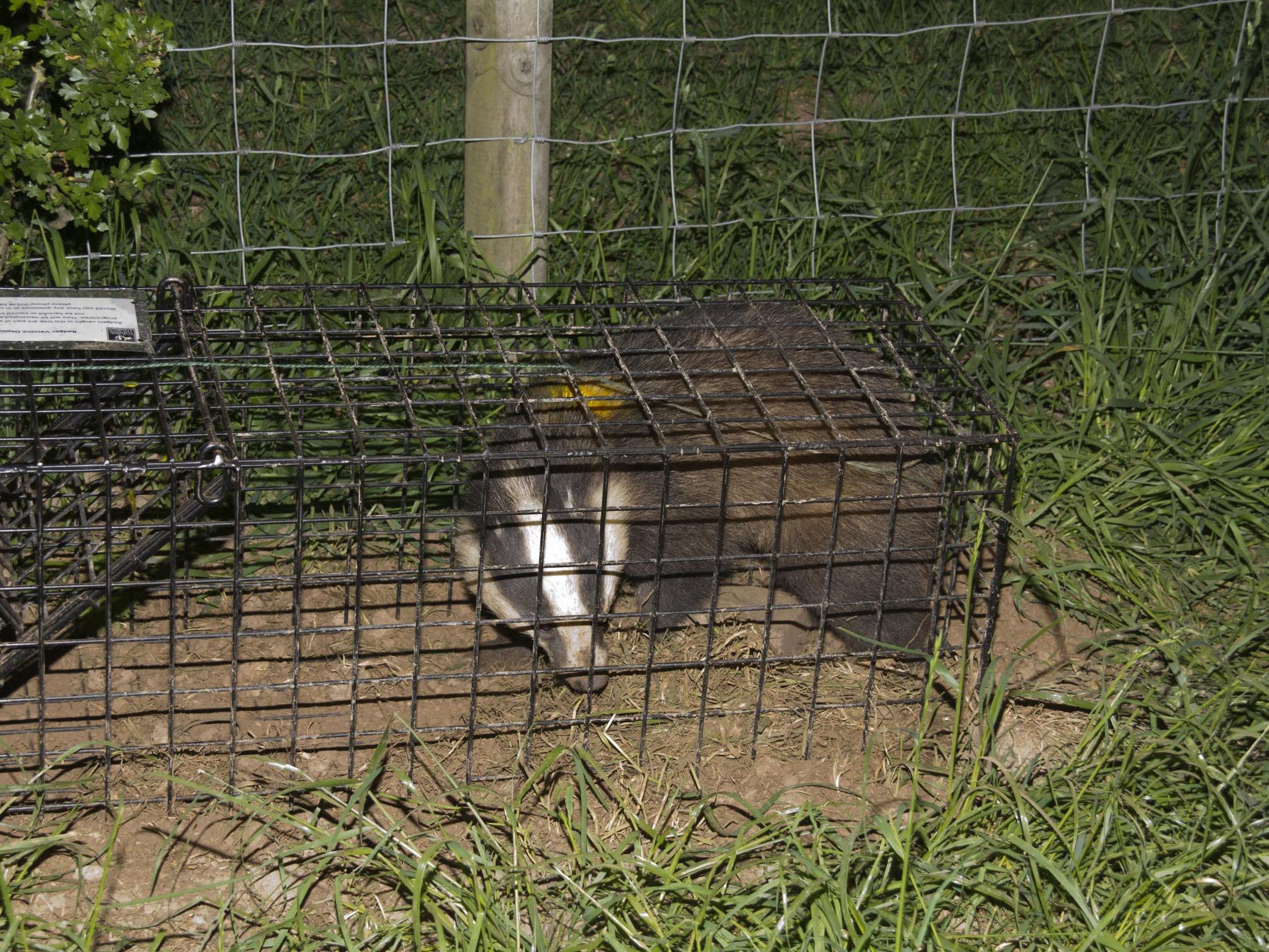Government’s badger cull plan ‘deeply flawed’, damning report warns
Exclusive: Study sent to MPs accuses the Animal and Plant Health Agency of reverting to 1980s “old thinking”

Government experts have based the UK’s badger cull on a “confused and flawed” interpretation of the science, a damning report sent to MPs has concluded.
Calling for an immediate rethink of the policy, the study claims officials adopted an “ineffective and misguided approach” to tackling tuberculosis in dairy cows, leading to a policy that is “a self-perpetuating failure”.
But the Department for Environment, Food and Rural Affairs has hit back, saying the report authors are not independent, and claiming that they themselves are not applying the science correctly.

According to official figures, tackling bovine TB in England costs taxpayers around £70m a year, and dairy farmers a further £50m.
At least 33,627 badgers were killed last year to try to eradicate the disease, bringing the total to a total of 210,555 since the cull began in 2013 – meaning up to half of Britain’s badger population has been killed, according to the Badger Trust.
The government says TB incidence in cattle in cull areas has halved after four years of culling.
But the authors of the new report, who include biologist and veteran campaigner Tom Langton and Paul Torgerson, a professor of veterinary epidemiology, as well as badger researchers, accuse the government of “consistently misrepresenting” some of the science.
The study accuses the Animal and Plant Health Agency of reverting to 1980s “old thinking” that badgers are responsible for most bTB outbreaks,” which defies the available evidence and is an anathema to any correct application of modern disease epidemiology”.
“The APHA (and by extension the government)’s interpretation of the available evidence in relation to bTB epidemiology is confused and flawed,” it says.
“This review finds that there has been a compounding accumulation of assumption and error over the last decade.”
The report concludes the cull is “a self-perpetuating failure”.

It claims that a model by APHA of culling of badgers near Penrith, Cumbria, “backfired so badly that the disease is cropping up in and around land where badgers have been systematically eliminated since 2018”.
The report authors also criticise the use of whole-genome sequencing of the bacteria behind the disease, using artificial intelligence to estimate the chances of transmission between cows and wildlife.
The government has repeatedly said it does not want the cull to continue longer than necessary.
In January 2021 ministers announced that mass culling would end after 2022 as badger vaccination was introduced. Last year the cull areas were expanded and new supplementary licences were issued but they are due to be the last ones.
Trials of a cattle vaccine are also under way.
A Defra spokesperson said: “Our bovine TB eradication strategy has led to a significant reduction in this insidious disease.
“Building on the progress made, we are now able to move onto the next phase of the long-term eradication strategy, including wider badger vaccination, alongside improved cattle testing and work towards deployment of a cattle vaccine.”
Subscribe to Independent Premium to bookmark this article
Want to bookmark your favourite articles and stories to read or reference later? Start your Independent Premium subscription today.




Join our commenting forum
Join thought-provoking conversations, follow other Independent readers and see their replies
Comments